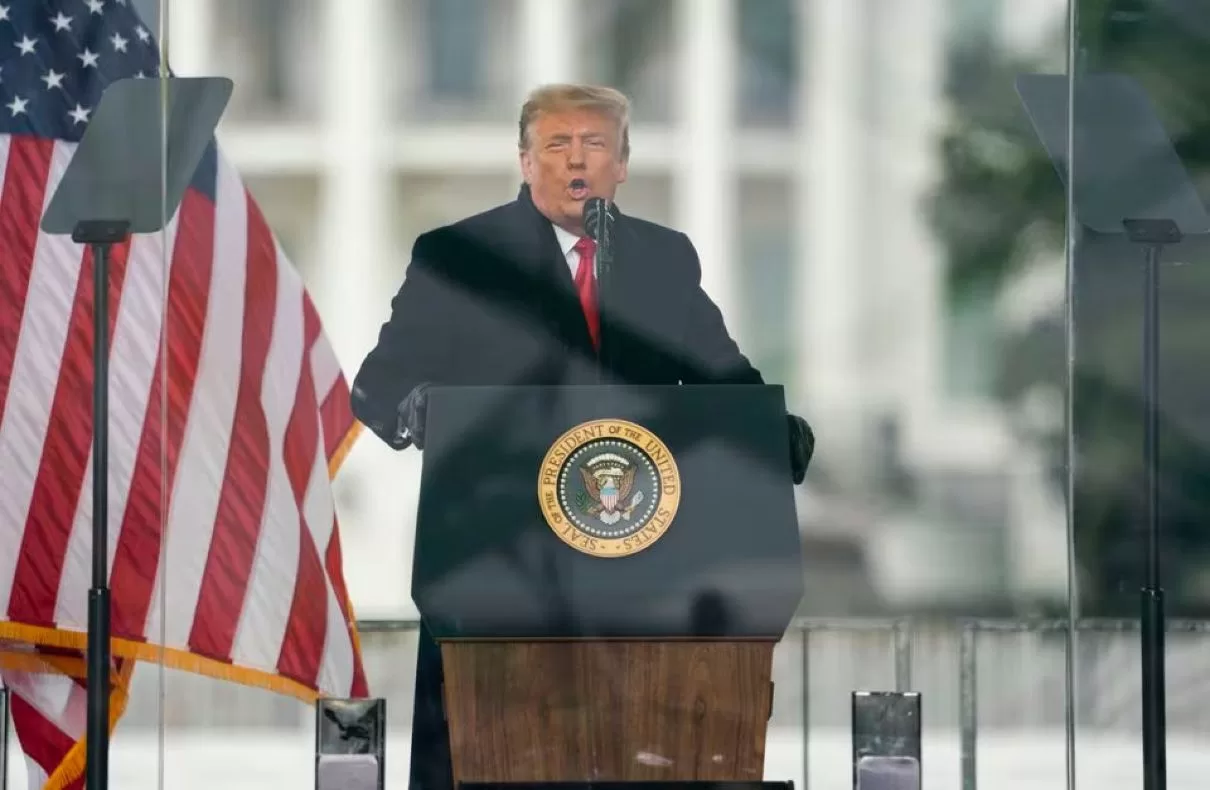“Is it safe there?” people in Japan often ask their friends when planning a trip abroad. This concern always serves as a kind of patriotic reassurance in the East Asian country: here in Japan, many problems are not even known. The crime rate is low, there is almost no theft, police officers are more protective than intimidating, and demonstrations are mostly peaceful. Japan is considered a nation of security.
But the extent to which this picture is still accurate has been the subject of intensive debate in the country since the weekend. Prime Minister Fumio Kishida was bombed on Saturday while speaking at a campaign event ahead of local elections.
Kishida survived the incident, recurring in other locations in western Wakayama Prefecture that same afternoon. “We have an important election ahead of us!” he cried belligerently. But just as much as it was about self-confidence, the prime minister’s demonstrative continuation was probably about fear.
Motives are still unclear
Because the incident evokes memories of July last year, when ex-Prime Minister Shinzo Abe was shot dead, also at an election campaign event. Abe’s murder also caused a worldwide sensation because it took place in Japan, which is known to be safe.
The perpetrator is the son of a woman who was financially ruined by a cult that was in contact with Abe. Politically, the case made waves, provoking the resignations of politicians with similar connections. In terms of public safety, however, the assassination was considered an isolated case.
With the attack on Kishida, this seems uncertain. This is also revealed by the statements that have been made since then and which hardly fit in a country that has no security problems.
Liberal opposition politician Kenta Izumi warned: “Political activities must never be disrupted by violence or intimidation.” Isao Itabashi, anti-terrorism expert at think tank Nihon Sousei Kaigi, commented: “We need to rethink security at election events.” The Yomiuri Shimbun newspaper immediately presented a list of assassinations from the past.
Meanwhile, as in the summer after the assassination attempt on Shinzo Abe, there is speculation about the perpetrator. The police searched the home of a 24-year-old on Sunday. He was arrested the day before right after he threw a cylindrical object, which then exploded.
Although this smoke bomb could hardly have killed Kishida, the alleged perpetrator carried another bomb and a knife with him. Cardboard boxes that could contain explosives were then secured in his apartment. The motives for the crime remain unclear.
Intensified security situation due to G7 summit
The question now also arises as to whether the Abe assassination in July 2022 legitimized terror as an expression of dissatisfaction for some people.
In the East Asian country, where consideration and empathy are valued as high values of social coexistence and the word “wa” – a term for harmony – is also considered a synonym for Japan as a whole, such questions are deeply disturbing. And from a political point of view, they come at the worst possible time.
Because not only are local elections coming up next weekend. This year Japan also holds the G7 presidency, receiving ministers from the most powerful economies in the world throughout the year.
In a month’s time, Fumio Kishida will hold conferences in Hiroshima with the heads of government from the USA, Germany, Great Britain, France, Canada and Italy. Japan wants to present itself here as a geopolitical heavyweight that can stand up to the up-and-coming China in the Pacific region.
A social climate in which politicians and public events appear less safe than before creates nervousness. As early as the spring of last year, before the assassination attempt on Shinzo Abe, a government survey showed that although 85 percent of the population believed their country to be safe, more than half also perceived a deterioration.
Unsurprisingly, Prime Minister Fumio Kishida announced heightened security measures on Sunday. Although he already did that after the assassination attempt on Shinzo Abe.

